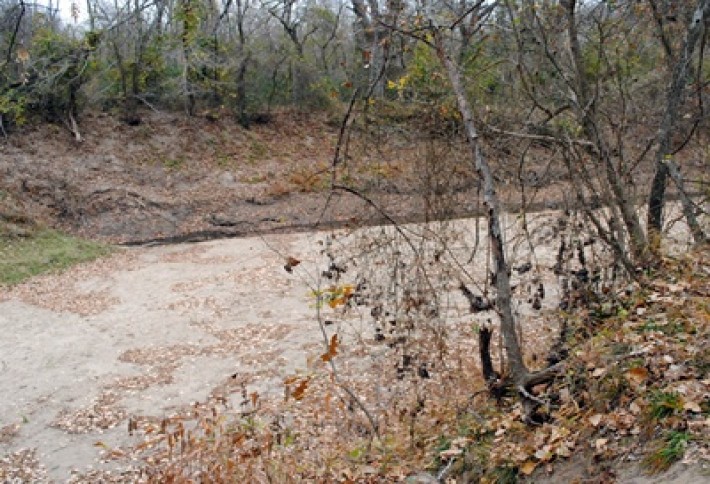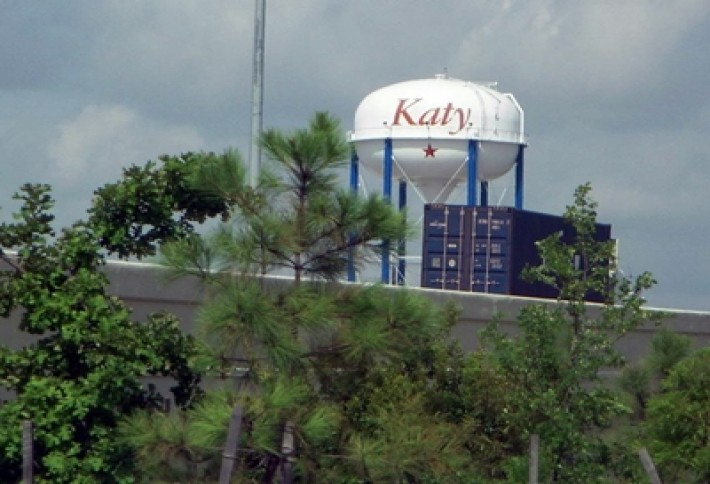3 Reasons CRE Should Care About Water

Low lake levels should mean more to you than fewer boat outings. The Texas Water Development Board projects that demand will increase 22% while supplies may fall 10% by 2060 (when our population is expected to double). Here are three reasons to pay attention to water.
1) Population Growth

We must act to preserve our water supply and enact legislation that will provide this natural resource for our homes and manufacturing operations, says Colliers International EVP Tom Pearson (left, with Colliers EVP Chris Teesdale). Tom tells us he's had recent inquiries from food industries, in particular, about the availability of water and utility rates. The latter are very reasonable and lower here than many other parts of the country.
2) Ongoing Drought Conditions

Despite a moderately wet 2012, as of March 12, more than 75% of Texas is in drought again. The Texas Water Development Board estimates that statewide reservoirs are only 66.4% full (down more than 10% from a year ago.) Without adequate planning, a serious drought in 2060 could be disastrous for Texans, Tom says: Current levels of human consumption couldn't be sustained; agricultural producers couldn't contribute to the economy; and the ability to continue attracting new manufacturing or corporate HQs would be hindered. That's not to mention our recreational opportunities (racing down rapids isn't as fun when they're just piles of mud) or the quality of life for which Texas is known.
3) Economic Impact of Drought

As more manufacturing operations consider relocating or expanding into Texas, the availability of water for production will likely be scrutinized, Chris says. The state could lose 1 million jobs and $116B in income annually if water needs aren't addressed, according to state figures. Yesterday, the Texas House of Representatives passed Rep. Allan Ritter' s HB 4, which calls for a water infrastructure development bank to finance infrastructure across the state. The State Water Implementation Fund for Texas will use a revolving loan structure to finance $27B in water infrastructure projects through a one-time, $2B investment. The legislation will allow for prioritization of water projects and require that 20% of the monies be devoted to conservation and reuse provisions that will ensure lower costs and less environmental impact.
